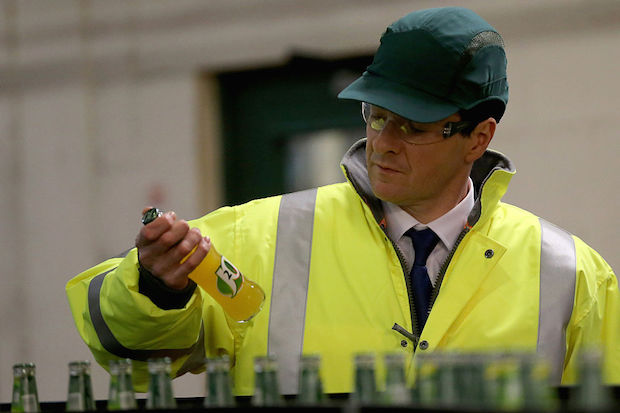The Chancellor has chosen to invest £500m in technical education, but we shouldn’t kid ourselves that the new ‘T-levels’ will help get the UK match fit for Brexit, or prepare the UK for the 4th industrial revolution.
For a start, the funding may only kick in after we have left the EU, as it starts at the end of the two-year period triggered by Article 50. Therefore, it won’t help us prepare in advance for the unpredictable impact of more restrictive migration policies and changed trading relationships.
Moreover, while £500m by 2022 is a significant investment, the UK will still only be spending the same amount on vocational education as it did 25 years ago. This is despite the major challenges we now face – Brexit, and the potential impact of automation on the workforce, which could force changes to as many as 1 in 3 jobs in the UK.
Finally, two thirds of the workforce in 2030 have already left full-time education, so as Britain forges its new role in the world, a more immediate challenge is needed to prepare those already in work for the changes to come.
Our international competitors are racing ahead: Germany plans to guarantee workers a right to lifelong learning and introduce personal work accounts allowing people to invest in skills enhancements throughout their lives.

Britain’s best politics newsletters
You get two free articles each week when you sign up to The Spectator’s emails.
Already a subscriber? Log in







Comments
Join the debate, free for a month
Be part of the conversation with other Spectator readers by getting your first month free.
UNLOCK ACCESS Try a month freeAlready a subscriber? Log in